Movies
Interview: Julian Richings on ‘Spare Parts’, ‘Anything for Jackson’, and the Vulnerability of Acting

You may not know his name, but you’ll certainly know his face. Julian Richings is a staple of genre film and television, with roles in Supernatural, Cube, The Witch, Urban Legend, Man of Steel, American Gods, Channel Zero, Hannibal, Wrong Turn, and many more. The British actor (now living and working in Canada) has a strong sense of physicality that he brings to every role, fully embodying each part and giving them their own sense of gravitas. He’s an impressive actor that stands out in each scene, no matter the size of the part.
I recently sat down with Richings to speak with him about his training as an actor, and his roles in the reverse-exorcism hit Anything for Jackson and punk rock gladiator showdown Spare Parts.
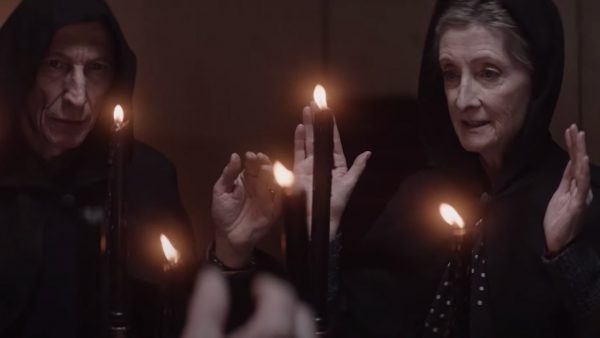
Anything for Jackson
Kelly McNeely: You’ve had such an extensive career in genre film and television here in Canada. How did you get started? And are you particularly drawn to working in genre?
Julian Richings: How did I get started… I guess I’ve always been an actor. I’m a middle sibling, and I have two brothers — one either side of me — and I’ve always felt as a kid, I was the one that would like… I would be different with each brother, I would be different with everybody.
I had an older brother also that had a particular skill creating environments, he became a theater designer, and used to build environments in our backyard. And he needed somebody to populate those environments, like a ringmaster for his circus, and a ghost for his spook houses and stuff, so… guess who did that. And so I’ve just always acted, I always felt really comfortable acting.
And in some ways, acting enables me to be all kinds of extreme characters that I never would be in real life. Like, I’m always actually aware of how ordinary and dull I am. You know, people go, Oh, my God, you play that guy! It’s Death from Supernatural! And I love to say, Well, I was allowed to be that, but you don’t really want to know me outside the movies. So, oh, and there’s two parts to your question! Genre.
Kelly McNeely: Are you particularly drawn to genre?
Julian Richings: Well, I think it’s organic. I think that, you know, it’s just developed over the years, the kind of parts that I’ve played. Not so much in theater, I grew up in theater, I trained in theater, I’ve acted in theater, and then I slowly evolved into film and television. And as I was doing theater, I started to do commercials to supplement my income. And the commercials all tended to be offbeat, geeky, weird characters. Because, you know, when you’re doing a commercial, I wasn’t the classic dad, or, you know, the good looking guy with perfect teeth. I was always the strange guy, the eccentric. And that’s sort of inevitable in film and television, because it’s a more literal medium. So the kind of roles that I’ve played have been outliers and aliens and horror genres. So it’s sort of organic.
In theater, I’ve had more of a wider spectrum, but I embrace everything. And I always try to inject different elements to all the characters that I play, so I don’t dismiss them as being, oh, that’s a horror role. Like if it’s a horror role, I’ll try and introduce a bit of humanity or if I’m playing an evil Emperor, I’ll try and inject a bit of vulnerability, you know what I mean? So, for me, it’s like, I don’t know, it’s just inevitable, I guess.
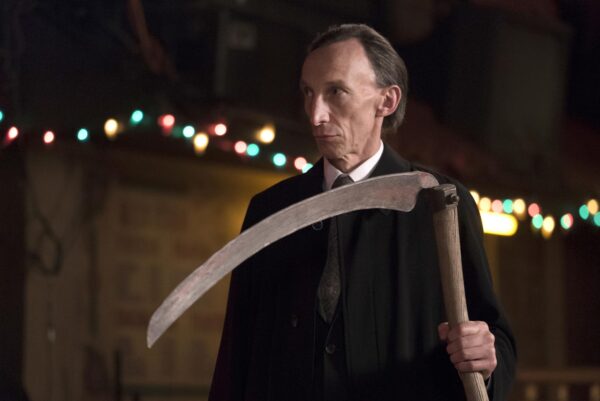
Supernatural
Kelly McNeely: And now speaking of the villainous characters, you’ve played villains in Spare Parts and recently in Vicious Fun, and a more morally complex character in Anything for Jackson… What kind of roles really excite you as an actor?
Julian Richings: There aren’t many roles that I don’t go, oooh, that’s interesting. I have no sense of size. I have no idea or prejudice, saying, well that’s not a big enough part for me. Oh, that’s too small, or that’s too cliche. I like stories. I like storytelling. And I like being part of a story. And sometimes that requires something that’s small and intense. And sometimes it’s something that’s spread on a bigger arc.
So I find it hard to distinguish. It’s like, you know, there’s those classic masks that represent theater. There’s the smiling mask for comedy, and there’s the glowering mask for tragedy. I find it very difficult to separate the two, I think behind every tragedy, there’s a comedy and vice versa. And the same of the roles that I play. So I like mixing it up, I’m very comfortable being a comparatively small part of the story, and I’m happy carrying a main story. So I don’t kind of go, alright, next film, I want to be this or that.
I guess as I get older, I’m happy to sort of upset everybody’s preconception of what older characters do. So as I get older, I’m happy to play enigmatic powerful characters, because in our culture, we tend to dismiss aging as being something that, you know, you’re written off. So that’s kind of a cool thing that I’m sort of starting to embrace.
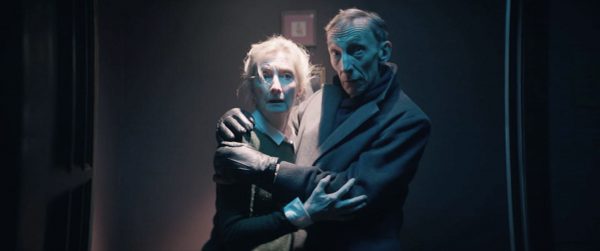
Anything for Jackson
Kelly McNeely: Yeah, you definitely see that a lot in Anything for Jackson. I love that idea that instead of, you know, these kids reading from this book and summoning demons, it’s this older couple, and they should know better, but they do it anyway. And I really love that.
I was wondering if you could talk a little bit about the moral complexities of Anything for Jackson, because it’s really quite a layered approach to the act of kidnapping. There’s this whole idea that he’s doing it for his wife, he’s doing it for his family, he knows that maybe it’s not necessarily the right thing to do. But it’s all out of an act of love.
Julian Richings: Absolutely, you hit it spot on. I think that what’s both wonderful and unsettling about the film is that it’s two people that are committed to each other, but share a terrible grief and a terrible tragedy. And in order to kind of alleviate that grief, they look to enabling each other, and the actions that they take are quite, quite unforgivable, but they do it in the name of love, and protecting the other person. And so in many ways, they’ve deflected the responsibility away from themselves. And I think that’s a really complex and interesting place for a film to sit.
Now, as actors, Sheila and myself work together really well, like we had a really good chemistry, and we just played the integrity of the relationship between two people. And we, I guess, we brought to it our own experience. We both are fortunate to have had long term relationships. And so we tried to be honest about both the juries and the distractions of having a long term relationship, you know, and this sort of comedic bits that can come into it as well.
Kelly McNeely: Absolutely. And there’s, of course, an abduction in Spare Parts as well, which has its own sort of set of complexities and a much more sinister motive.
Julian Richings: Yeah, I mean, it is clearly much more of an upfront, grindhouse, take-no-prisoners kind of film. What I like about it, what it really injects into that is a sort of a punk mischief. There’s sort of a high intensity, and there’s a sense that the women are not simply happy to be, you know, customized objects. You know, they’ve got to fight their way out to freedom. And it’s sort of got an energy to it, and a rock and roll kind of ferocity. And that is fun. Very different. Very, very different kind of energy.
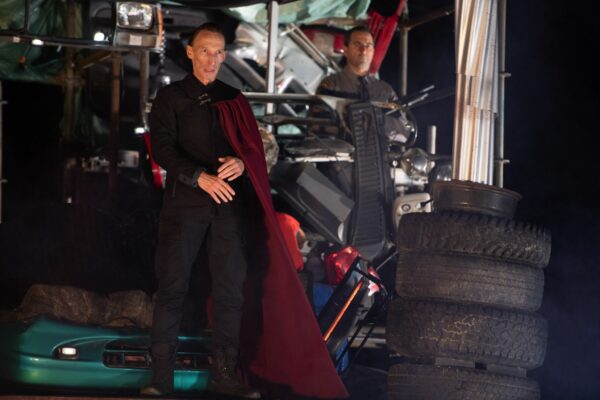
Spare Parts
Kelly McNeely: A very different vibe between the two films. Now, I’m happy to hear you talk so much about theater. Could you speak a little bit about your training and your background in theatre and if that perhaps lends itself to genre, as far as like the real complexities that you find in those characters?
Julian Richings: Yeah, it does. It’s been instrumental in my career. So I grew up and trained in England. But I grew up in a period of time when the Old English system, the weekly repertory theatre companies, and the regional theaters were decaying and we’re no longer relevant. And so there was a new kind of a wave of community theaters where people would perform in non-traditional spaces. I performed in parks, on the end of the pier, on beaches, in seniors homes — the idea was to take theater to the people.
And so there was a sense of — in the 70s, in England — that the old system wasn’t relevant anymore, with the advent of television and movies, that the traditional theater had to change. So that’s where I got into the theater, my early years of experience were there, and I also trained as a physical actor, not like a lot of British drama schools, that were very much versed in the old school.
I was very much trained in Grotowski’s method. He was the Polish guru of the time, who talked about creating the physical theater of pain and cruelty in which the actors were almost trained like dancers, they had a sort of physicality about them. And in fact, that’s why I ended up in Canada, is that the show that I was in was a sort of a multi-lingual, multicultural show that went to Europe, toured Europe, went to Poland, came over to Canada, it was a touring show. So then I discovered Toronto and — long story — but I ended up in Toronto. But the idea being that my physicality for performance has always been there. And I’ve adjusted it from the theater to film and television.
But I always have a physicality in my character. I mean, it’s not deliberate, but it’s there, because it’s innate in my training. So whether it’s even with my face, or whether it’s with my eyeballs, or whether it’s, you know, I’m playing a creature like Three Finger in Wrong Turn, or Death in Supernatural. What’s important to me is the overall physicality. And by that I don’t mean, you know, like, just trying to be big and strong and tough. It’s not like that. No, there’s a sort of a depth to it that comes from the physique.
Kelly McNeely: It’s a bit more of a physical finesse.
Julian Richings: Yeah. And things like traditional theatre, it’s actually not a genre that I’m actually well versed in, you know, the traditional English spoken word plays. It’s not something you know, where characters stand around and have tea and discuss and debate ideas. I’m not well versed in that kind of theater. So horror, and grand sort of operatic films, like Spare Parts, actually suit me very well.
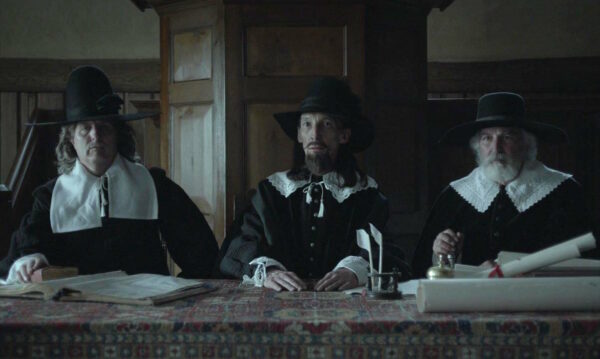
The Witch
Kelly McNeely: So this might be sort of a broad question. But what to you is the greatest joy and/or challenge of acting?
Julian Richings: Oh, gosh. It’s a part of me, you know? It always has been. I guess both, it’s the vulnerability. Because you always have to be present in the moment, right? It is truly interesting in the telling of the story, you’ve got to be engaged in that it can’t be a part of your brain going, hey, I’m really enjoying strutting my stuff. Or, I’m in control, or who am I? Funny, that voice in your head cannot be there, you have to be inside of it. So in order to be like that, you have to be in a position of a state of vulnerability, I think, and availability to the moment.
And that’s actually very difficult. It’s actually very difficult to be simple and open and spontaneous. And so, the search for that, it requires rigor. And it requires a lifetime of never sort of being complacent, really. Now, I don’t begrudge that. I think that’s the way I live my life. I’d sort of live my life on my front foot. I’m always sort of moving, I drive people crazy because I can’t keep still, I’m always sort of listening, responding.
But it’s both my greatest joy that I feel very much a part of the flow of life. But it’s also a little overwhelming too, because there’s no peace. As an actor, I can’t sort of sit back on my laurels. I can’t. Even during COVID I’ve never been able to sit down and write my great novel or write my reflections, or I’m too much on my front foot listening to other people and reflecting what they give to me. I hope that answers it. It sort of sounds a little pretentious, but it’s a state of mind. I guess it’s a state of being that I think you have to try and preserve.
Spare Parts is available now on VOD, Digital, DVD, and Blu-ray
Anything for Jackson will be available on VOD, Digital, DVD, and Blu-ray on June 15
Listen to the 'Eye On Horror Podcast'

Editorial
7 Great ‘Scream’ Fan Films & Shorts Worth a Watch
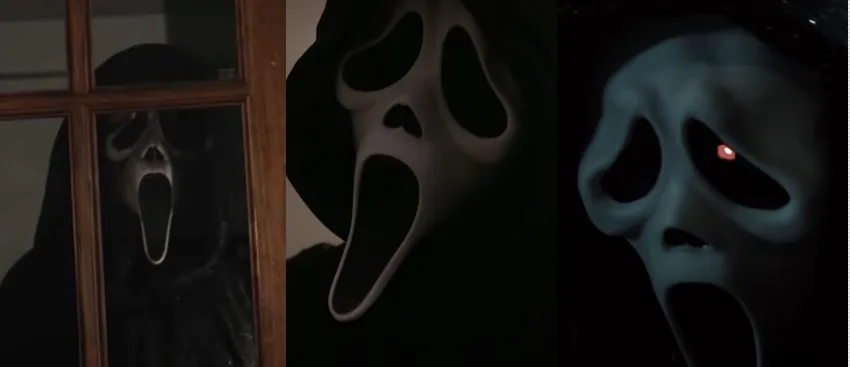
The Scream franchise is such an iconic series, that many budding filmmakers take inspiration from it and make their own sequels or, at least, build upon the original universe created by screenwriter Kevin Williamson. YouTube is the perfect medium to showcase these talents (and budgets) with fan-made homages with their own personal twists.
The great thing about Ghostface is that he can appear anywhere, in any town, he just needs the signature mask, knife, and unhinged motive. Thanks to Fair Use laws it’s possible to expand upon Wes Craven’s creation by simply getting a group of young adults together and killing them off one by one. Oh, and don’t forget the twist. You’ll notice that Roger Jackson’s famous Ghostface voice is uncanny valley, but you get the gist.
We have gathered five fan films/shorts related to Scream that we thought were pretty good. Although they can’t possibly match the beats of a $33 million blockbuster, they get by on what they have. But who needs money? If you’re talented and motivated anything is possible as proven by these filmmakers who are well on their way to the big leagues.
Take a look at the below films and let us know what you think. And while you’re at it, leave these young filmmakers a thumbs up, or leave them a comment to encourage them to create more films. Besides, where else are you going to see Ghostface vs. a Katana all set to a hip-hop soundtrack?
Scream Live (2023)
Ghostface (2021)
Ghost Face (2023)
Don’t Scream (2022)
Scream: A Fan Film (2023)
The Scream (2023)
A Scream Fan Film (2023)
Listen to the 'Eye On Horror Podcast'
Movies
Another Creepy Spider Movie Hits Shudder This Month
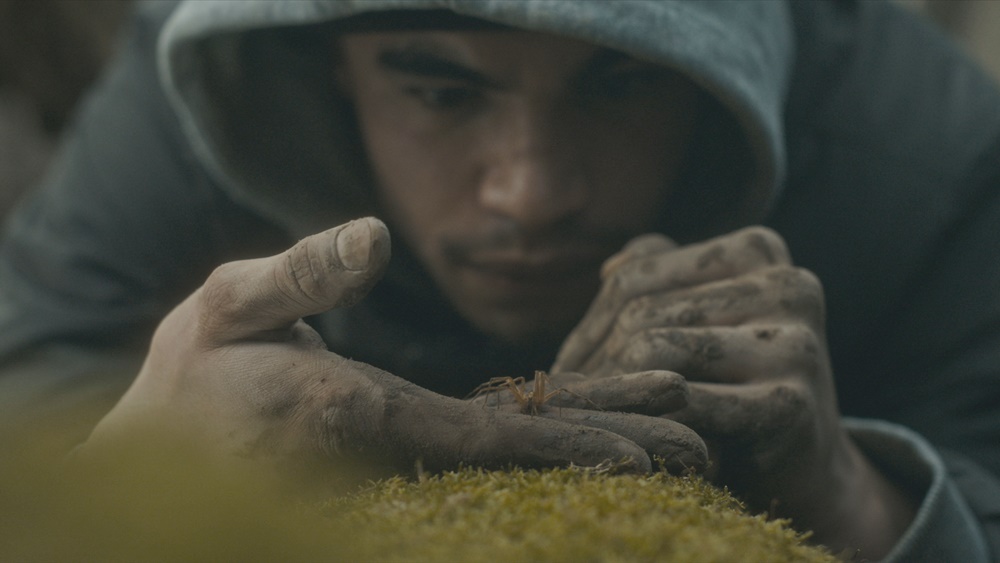
Good spider films are a theme this year. First, we had Sting and then there was Infested. The former is still in theaters and the latter is coming to Shudder starting April 26.
Infested has been getting some good reviews. People are saying that it’s not only a great creature feature but also a social commentary on racism in France.
According to IMDb: Writer/director Sébastien Vanicek was looking for ideas around the discrimination faced by black and Arab-looking people in France, and that led him to spiders, which are rarely welcome in homes; whenever they’re spotted, they’re swatted. As everyone in the story (people and spiders) is treated like vermin by society, the title came to him naturally.
Shudder has become the gold standard for streaming horror content. Since 2016, the service has been offering fans an expansive library of genre movies. in 2017, they began to stream exclusive content.
Since then Shudder has become a powerhouse in the film festival circuit, buying distribution rights to movies, or just producing some of their own. Just like Netflix, they give a film a short theatrical run before adding it to their library exclusively for subscribers.
Late Night With the Devil is a great example. It was released theatrically on March 22 and will begin streaming on the platform starting April 19.
While not getting the same buzz as Late Night, Infested is a festival favorite and many have said if you suffer from arachnophobia, you might want to take heed before watching it.
According to the synopsis, our main character, Kalib is turning 30 and dealing with some family issues. “He’s fighting with his sister over an inheritance and has cut ties with his best friend. Fascinated by exotic animals, he finds a venomous spider in a shop and brings it back to his apartment. It only takes a moment for the spider to escape and reproduce, turning the whole building into a dreadful web trap. The only option for Kaleb and his friends is to find a way out and survive.”
The film will be available to watch on Shudder starting April 26.
Listen to the 'Eye On Horror Podcast'
Movies
Part Concert, Part Horror Movie M. Night Shyamalan’s ‘Trap’ Trailer Released
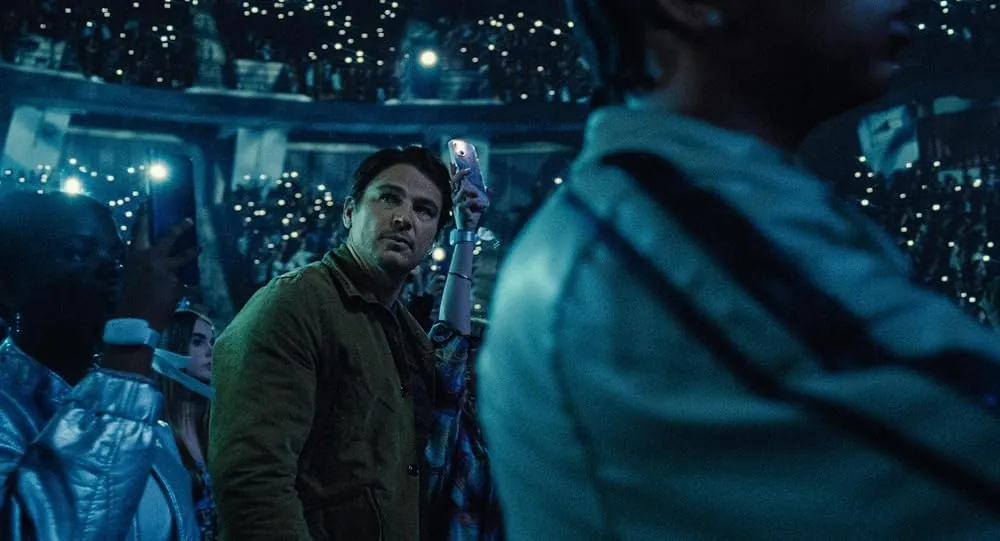
In true Shyamalan form, he sets his film Trap inside a social situation where we aren’t sure what is going on. Hopefully, there is a twist at the end. Furthermore, we hope it’s better than the one in his divisive 2021 movie Old.
The trailer seemingly gives away a lot, but, as in the past, you can’t rely on his trailers because they are often red herrings and you are being gaslit to think a certain way. For instance, his movie Knock at the Cabin was completely different than what the trailer implied and if you hadn’t read the book on which the film is based it was still like going in blind.
The plot for Trap is being dubbed an “experience” and we aren’t quite sure what that means. If we were to guess based on the trailer, it’s a concert movie wrapped around a horror mystery. There are original songs performed by Saleka, who plays Lady Raven, a kind of Taylor Swift/Lady Gaga hybrid. They have even set up a Lady Raven website to further the illusion.
Here is the fresh trailer:
According to the synopsis, a father takes his daughter to one of Lady Raven’s jam-packed concerts, “where they realize they’re at the center of a dark and sinister event.”
Written and directed by M. Night Shyamalan, Trap stars Josh Hartnett, Ariel Donoghue, Saleka Shyamalan, Hayley Mills and Allison Pill. The film is produced by Ashwin Rajan, Marc Bienstock and M. Night Shyamalan. The executive producer is Steven Schneider.
Listen to the 'Eye On Horror Podcast'
-
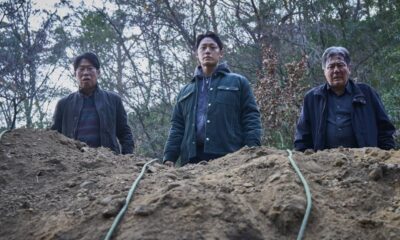
 News3 days ago
News3 days agoThis Horror Film Just Derailed a Record Held by ‘Train to Busan’
-
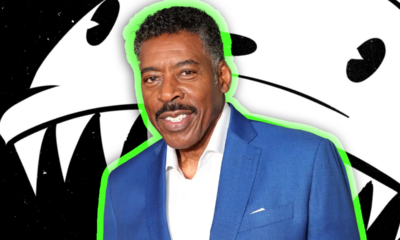
 Movies7 days ago
Movies7 days agoErnie Hudson To Star In ‘Oswald: Down The Rabbit Hole’
-
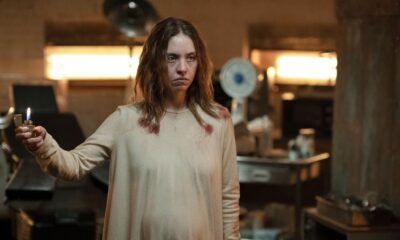
 Movies3 days ago
Movies3 days agoWatch ‘Immaculate’ At Home Right Now
-

 News4 days ago
News4 days agoRead Reviews For ‘Abigail’ The Latest From Radio Silence
-
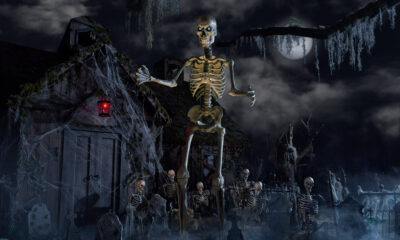
 News2 days ago
News2 days agoHome Depot’s 12-Foot Skeleton Returns with a New Friend, Plus New Life-Size Prop from Spirit Halloween
-

 News4 days ago
News4 days agoMelissa Barrera Says Her ‘Scream’ Contract Never Included a Third Movie
-
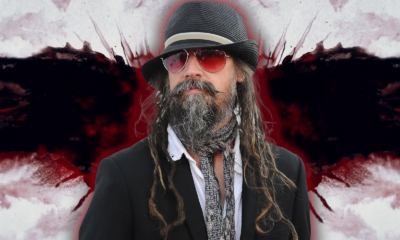
 Editorial5 days ago
Editorial5 days agoRob Zombie’s Directorial Debut Was Almost ‘The Crow 3’
-

 News3 days ago
News3 days agoA24 Joins Blockbuster Movie Club With Their Biggest Opening Ever
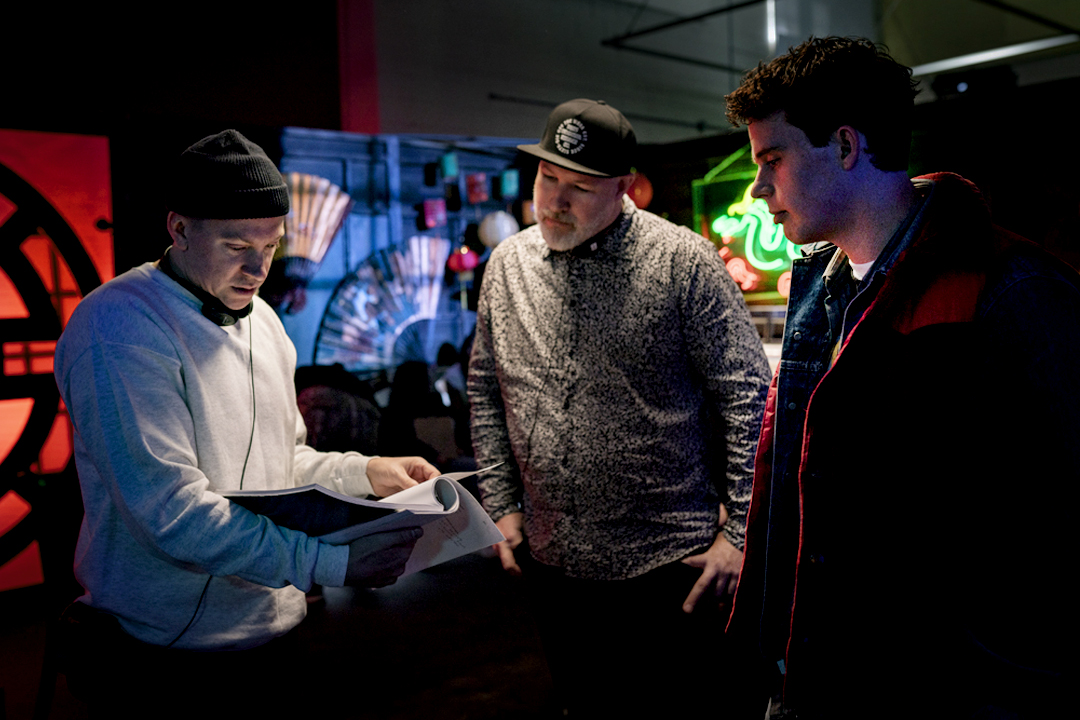
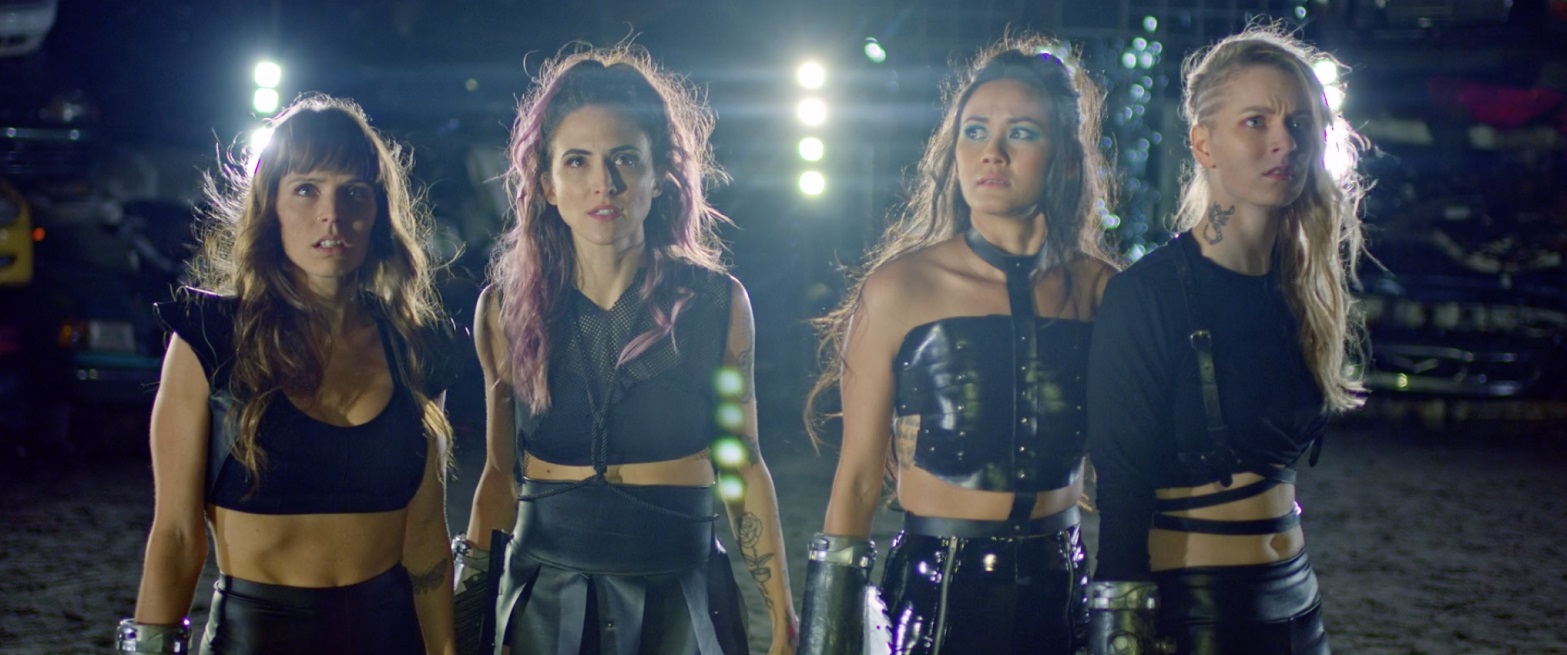
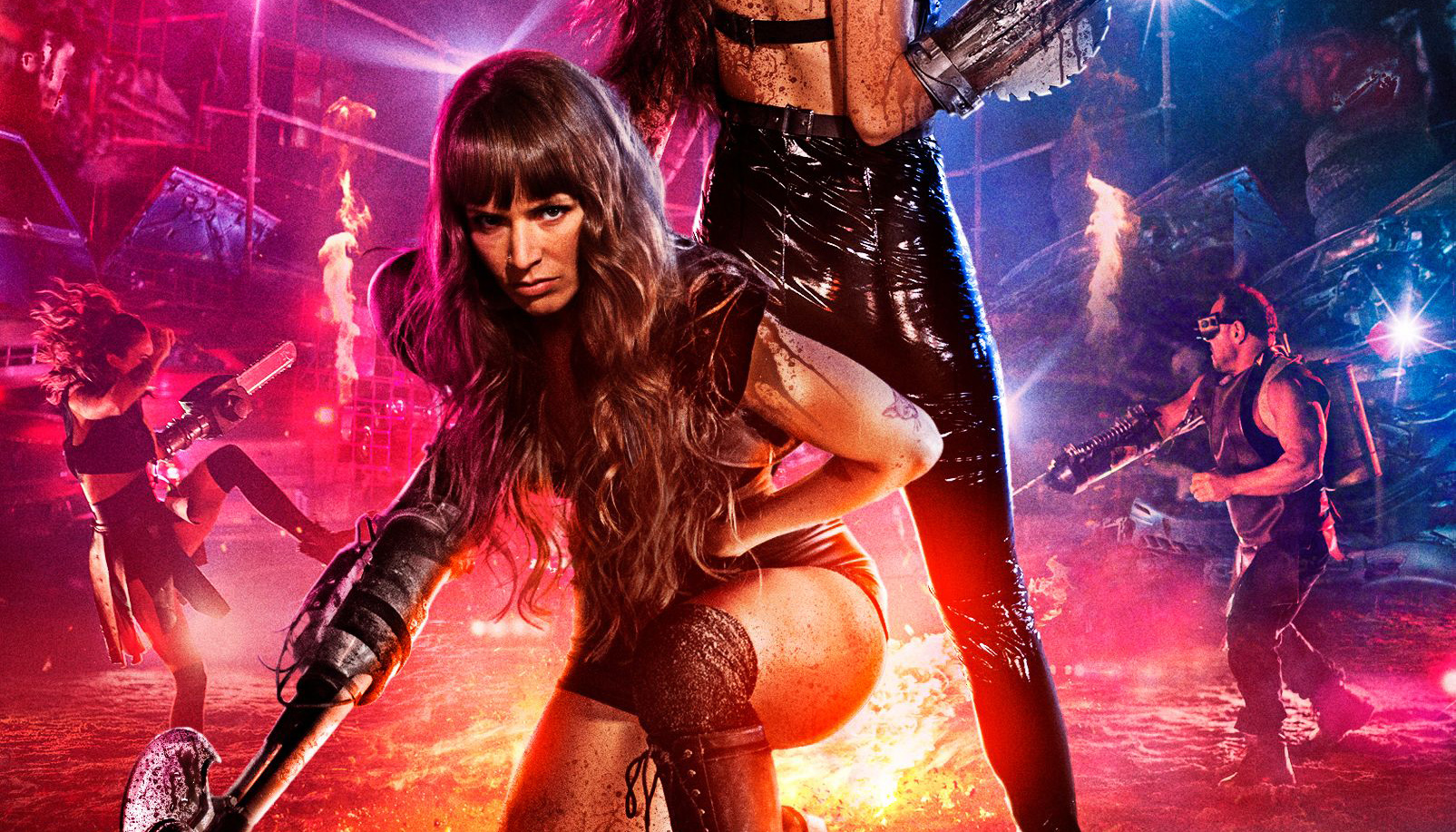






















You must be logged in to post a comment Login